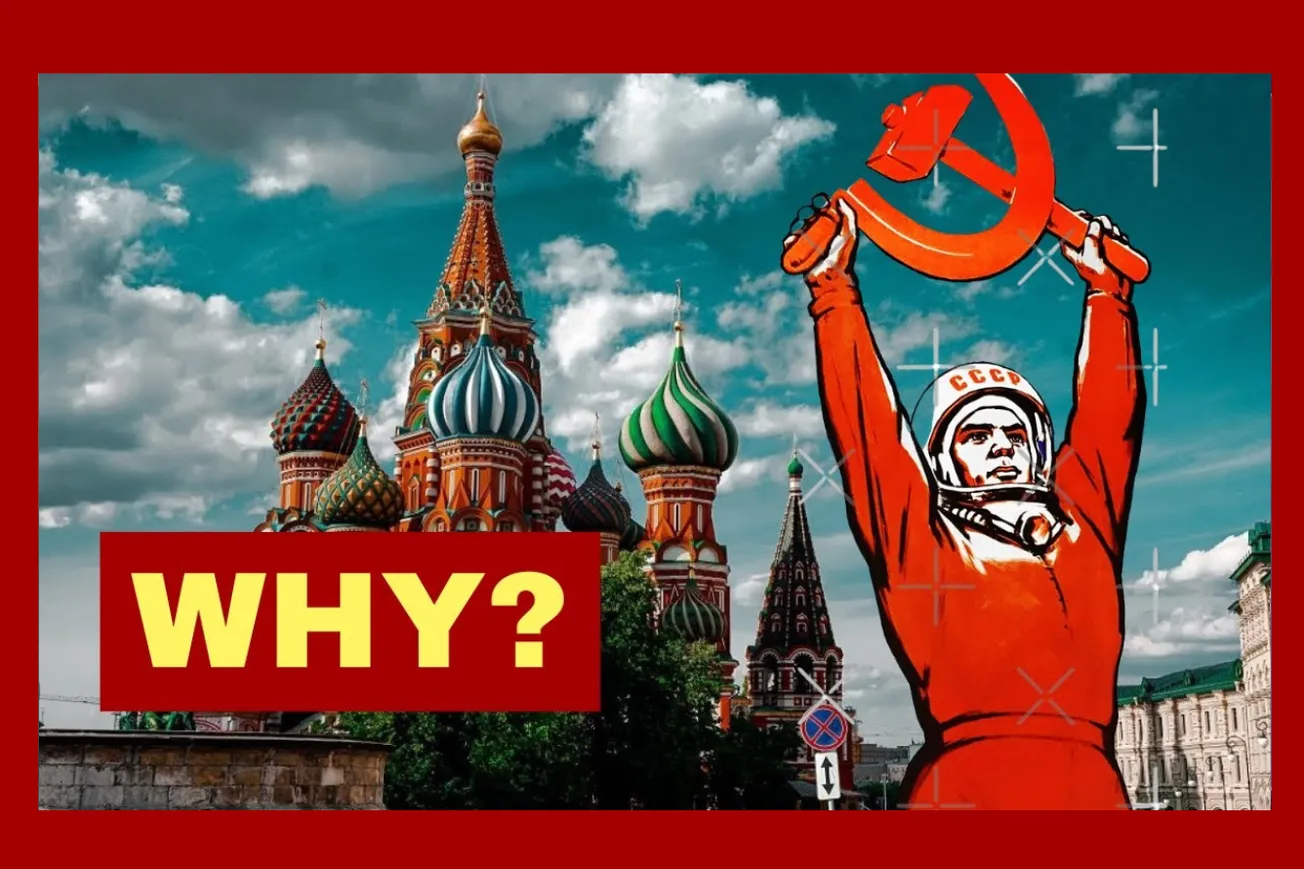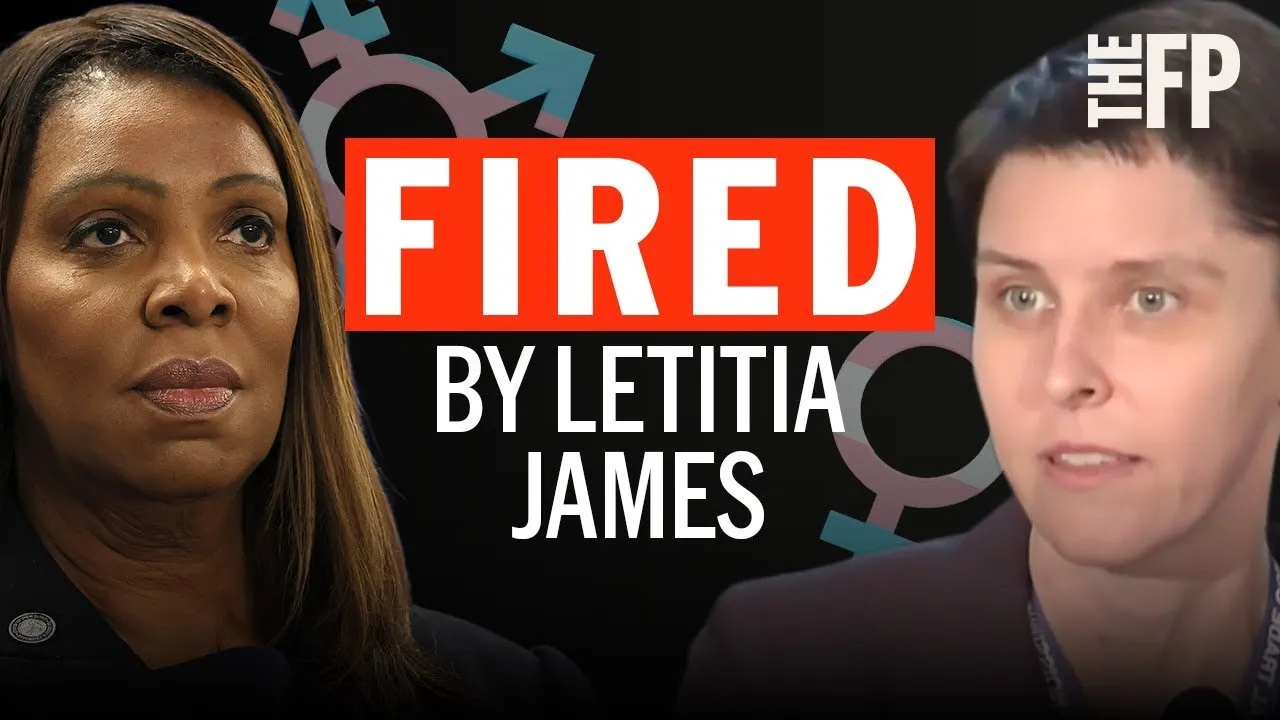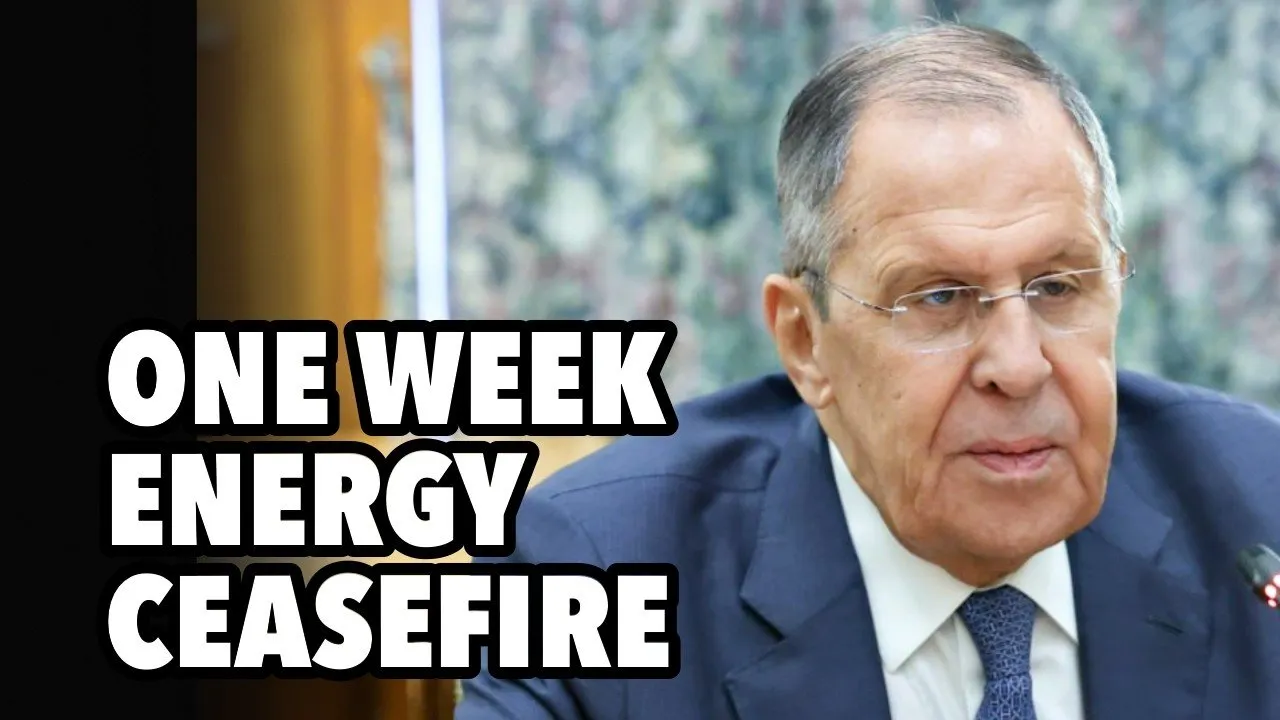Table of Contents
New archival evidence reveals how the pursuit of global recognition, not ideology, drove Soviet and Chinese leaders into decades of costly competition and near-nuclear catastrophe.
How Stalin's desperate quest for legitimacy and Khrushchev's nuclear bluffing nearly destroyed the world while bankrupting their own people in pursuit of imaginary status points.
Key Takeaways
- Soviet leaders prioritized external recognition over internal legitimacy, using American acknowledgment to validate their rule to their own people
- Stalin often chose legitimacy over raw power, backing down from territorial gains when they lacked international recognition
- The Korean War began because Stalin misinterpreted intercepted American intelligence, believing the US wouldn't intervene
- Khrushchev's 1956 secret speech condemning Stalin created the blueprint for communist collapse that Chinese leaders still fear today
- The Sino-Soviet split stemmed from Mao's refusal to accept subordinate status, not ideological disagreements about Marxism-Leninism
- The Cuban Missile Crisis was driven by Khrushchev's need to prove Soviet equality with America after Sputnik inflated his confidence
- Much of Cold War competition resembled "schoolyard dynamics" where leaders jockeyed for imaginary status points rather than concrete strategic gains
- Nuclear weapons gave Soviet leaders a dangerous sense of invincibility that led them into repeated brinksmanship scenarios
- Leaders often didn't know their own plans, making adversaries' attempts to predict behavior futile and war more likely
Timeline Overview
- 00:00–18:45 — Defining Prestige and Recognition: How Soviet leaders prioritized external legitimacy over internal support, using American acknowledgment to validate communist rule
- 18:45–35:20 — Stalin's Percentage Agreements: The surprisingly serious negotiations over spheres of influence that showed Stalin's preference for legitimate control over raw power
- 35:20–52:15 — Chinese Civil War Complexities: Stalin's support for Nationalists over Communists until 1947, including orders to Soviet forces to fire on Chinese Communist troops in Manchuria
- 52:15–1:08:30 — Korean War Intelligence Failure: How misinterpreted American cables led Stalin to authorize Kim Il-sung's invasion, triggering unwanted proxy war
- 1:08:30–1:25:40 — Khrushchev's Nuclear Overconfidence: Sputnik success and thermonuclear weapons create dangerous Soviet belief in invincibility and effective nuclear blackmail
- 1:25:40–1:42:15 — The Sino-Soviet Leadership Split: Mao's refusal to accept subordinate status drives ideological competition that masks deeper struggles for communist movement leadership
- 1:42:15–1:58:30 — Cuban Missile Crisis as Prestige Battle: Khrushchev's need to prove Soviet equality with US and counter Chinese criticism leads to nuclear brink
- 1:58:30–2:15:45 — De-Stalinization's Unintended Consequences: Secret speech triggers communist collapse across Eastern Europe, creating template Chinese leaders still fear today
Stalin's Quest for External Legitimacy
Stalin's foreign policy reveals a leader obsessed with international recognition rather than territorial expansion. Unlike the traditional imperial model, Stalin frequently prioritized legitimacy over raw power when the two conflicted.
- Stalin backed out from supporting separatist rebellions in Xinjiang despite having effective control, choosing instead to engage with China's central government for broader legitimacy in his other territorial claims
- The Soviet leader abandoned plans for African colonies in Libya when American Secretary of State James Byrnes withdrew earlier promises, showing how dependent Soviet ambitions were on Western recognition
- Stalin's approach to the Yalta framework demonstrated his willingness to accept constraints on Soviet expansion in exchange for American and British acknowledgment of his sphere of influence in Eastern Europe
- The percentages agreement with Churchill in October 1944 was taken seriously by Stalin, who engaged in detailed negotiations over specific percentage points of influence in Hungary and other Balkan states
- Stalin expected Americans to "defer to his desires in Eastern Europe" while he would accept Western spheres elsewhere, revealing his fundamentally concert-of-powers mindset
- Soviet post-war planning documents show Stalin envisioned control over much of Continental Europe, including Sweden, but was willing to negotiate when faced with Western resistance
The Soviet need for external validation stemmed from internal legitimacy deficits. The Communist Revolution's promise of material abundance was failing to deliver by the late 1950s, making international recognition crucial for domestic credibility.
The Korean War's Intelligence Failure
New archival evidence reveals that Stalin's decision to authorize Kim Il-sung's invasion of South Korea resulted from catastrophic intelligence misinterpretation, not strategic calculation.
- Stalin repeatedly refused Kim Il-sung's requests to invade South Korea throughout 1949, fearing American intervention would drag the USSR into unwanted conflict
- The turning point came in late January 1950 when Stalin received what Soviet intelligence interpreted as intercepted American cables indicating the US would not intervene in Korea
- Anastas Mikoyan later revealed to Mao in 1956 that "our intelligence intercepted cables by the Americans that said that they would not intervene in the conflict"
- Dean Acheson's public statement excluding Korea from America's defensive perimeter was likely misunderstood as definitive policy rather than diplomatic signaling
- Stalin's confidence in Chinese backing as a worst-case scenario gave him additional comfort, though he never expected the scale of Chinese intervention that ultimately occurred
- The intelligence failure demonstrates how leaders slide into conflicts through misinterpreting adversaries' resolve and intentions
Stalin's authorization came only after he believed American intervention was unlikely. When the opposite proved true, the Korean conflict escalated into a proxy war that set the template for Cold War competition in the developing world.
Khrushchev's Nuclear Overconfidence
The combination of Soviet nuclear weapons development and the Sputnik success created dangerous overconfidence in Khrushchev that led to repeated nuclear crises throughout the late 1950s and early 1960s.
- The 1955 Soviet thermonuclear test and 1957 ICBM development gave Khrushchev his first sense that the USSR could destroy the United States, fundamentally altering his worldview
- Khrushchev began massive cuts to conventional armed forces, shutting down Stalin's naval programs because he believed nuclear weapons made the Soviet Union "invincible as a power"
- The 1956 Suez Crisis convinced Khrushchev that nuclear threats worked after Britain and France withdrew following his threats to "destroy Great Britain and France"
- Sputnik's October 1957 launch created a "Sputnik moment" that symbolically showed Soviet superiority in science and technology, inflating Khrushchev's confidence about outcompeting America
- Khrushchev discovered nuclear weapons' usefulness for blackmail, using threats repeatedly even though he never planned to actually use nuclear weapons in warfare
- His nuclear bluffing strategy assumed other leaders would "retreat before the realization of Soviet might," a miscalculation that led directly to the Cuban Missile Crisis
- The kitchen debate with Nixon in 1959 showed Khrushchev's genuine belief that Soviet plastic goods were superior to American wooden houses, reflecting broader overconfidence
Khrushchev's nuclear-powered optimism led him to promise Soviet citizens they would "outstrip the United States" and achieve "fairy tale-like socialist abundance" within 15 years, setting impossible expectations.
The Sino-Soviet Leadership Struggle
The split between the Soviet Union and China resulted from competing claims to leadership of the global communist movement, not ideological disagreements about Marxism-Leninism.
- Mao refused to accept subordinate status in the communist alliance, telling Stalin he deserved recognition as an equal leader rather than a "younger brother" figure
- Stalin's China policy from 1945-1949 prioritized maintaining good relations with Chiang Kai-shek's Nationalists over supporting Chinese Communists, forcing Mao to negotiate coalition governments
- Soviet archival evidence shows Stalin instructed his forces to "open fire" on Chinese Communist troops trying to enter Manchurian cities, keeping them out to avoid conflict with the United States
- Mao later complained that "Stalin never believed in the Chinese Revolution" and thought Mao was "half a Tito," referring to Yugoslavia's independent communist leader
- Khrushchev's racist explanation to Castro in 1963 revealed the underlying dynamic: "the Chinese want to play the first fiddle" despite Soviet achievements in space and war
- The ideological accusations of "revisionism" and "dogmatism" were propaganda covers for deeper leadership struggles, as evidenced by China's later embrace of Nixon despite calling Soviets insufficiently revolutionary
- Mao's wife's letters from Moscow in 1949 showed the Chinese leadership had to prove loyalty to Stalin while privately resenting their subordinate position
Even after achieving power, Mao had to navigate carefully between securing Soviet recognition and aid while maintaining Chinese independence and dignity in the relationship.
The Cuban Missile Crisis as Prestige Competition
Khrushchev's decision to place nuclear missiles in Cuba was driven by his need to demonstrate Soviet equality with the United States and prove leadership of the revolutionary world against Chinese criticism.
- Khrushchev explicitly framed the missile deployment as giving Americans "a little of their own medicine" in response to US Jupiter missiles in Turkey, focusing on equality rather than strategic advantage
- The crisis lasted only three days from Kennedy's quarantine speech on October 22 to Khrushchev's backing down on October 25, 1962, showing how quickly the Soviet leader recognized the danger
- Chinese competition for influence in Cuba through Che Guevara created additional pressure on Khrushchev to prove Soviet commitment to revolutionary causes worldwide
- Castro's suggestion for a Soviet first strike against the United States convinced Khrushchev that the Cuban leader was "going off the rails" and needed to be restrained
- Khrushchev's wartime experience of witnessing a Soviet commander commit suicide rather than face defeat influenced his understanding that "human rationality had limits" in crisis situations
- The Soviet leader never found strategic justification for the missiles in Soviet archives, despite American theories about correcting ICBM deficiencies
- Khrushchev's sensitivity to Chinese criticism continued throughout and after the crisis, repeatedly telling Cubans not to believe Chinese claims that Soviets would abandon revolutionary allies
The crisis demonstrates how prestige competition between great powers and within ideological camps can escalate into existential threats to human survival.
De-Stalinization's Unintended Consequences
Khrushchev's 1956 secret speech condemning Stalin created the template for communist system collapse that Chinese leaders still study and fear today.
- The secret speech was "circulated throughout the party" despite being officially secret, shocking Communist Party members who "could not believe" Stalin could be "such a hideous figure"
- Mao criticized Khrushchev for not consulting China before the speech, saying Stalin was "a great sword and Khrushchev had discarded the sword" for enemies to use against them
- The speech triggered uprisings in Poland and Hungary in 1956, requiring Soviet military intervention in Hungary that killed the communist movement's credibility in Western Europe
- Western Communist parties lost massive memberships as intellectuals who had believed in the "workers' paradise" finally recognized the brutality of the Soviet system
- Chinese leaders learned to avoid wholesale condemnation of founding leaders, with Deng Xiaoping carefully preserving Mao's reputation while implementing market reforms
- The 1956 events marked "the beginning of the end for communism" as the movement lost moral authority and had to rely increasingly on force rather than persuasion
- Soviet intervention in Hungary became "the final nail in the coffin of the Soviet project" for many Western intellectuals who had supported communist ideals
Modern Chinese leadership explicitly studies 1956 as a cautionary tale about the dangers of undermining the legitimacy of founding leaders and the communist system itself.
Lessons for Contemporary Great Power Competition
The Cold War's prestige-driven competition offers crucial insights for understanding today's US-China-Russia triangle and the risks of nuclear escalation.
- Leaders often don't know their own plans or red lines, making adversaries' attempts to predict behavior futile and increasing the likelihood of miscalculation
- Strategic ambiguity can backfire catastrophically, as with Dean Acheson's Korea statement, when adversaries misinterpret diplomatic flexibility as lack of resolve
- Nuclear weapons create dangerous overconfidence in leaders who believe possession grants them immunity from consequences of aggressive actions
- Much great power competition involves "jockeying over imaginary fantasy points" of status rather than concrete strategic gains with measurable value
- Domestic legitimacy deficits drive leaders to seek external validation through international confrontation, making internal political weakness a global danger
- Third-party allies can drag great powers into conflicts they never intended to fight, as North Korea did with the Soviet Union and China
- The gap between public rhetoric and private decision-making means ideological explanations for conflict often miss the personal and psychological motivations driving leaders
- Crisis escalation happens faster than decision-makers expect, with the Cuban Missile Crisis lasting only three days from announcement to resolution
Understanding these dynamics remains essential as current leaders navigate territorial disputes, nuclear proliferation, and alliance commitments that could trigger similar escalatory cycles.
Common Questions
Q: Was the Cold War really just about prestige rather than ideology?
A: Archival evidence shows leaders prioritized recognition and status over ideological consistency, as demonstrated by China's embrace of Nixon despite calling Soviets insufficiently revolutionary.
Q: Could nuclear war have been avoided during the Cuban Missile Crisis?
A: Khrushchev backed down within three days partly because he recognized "human rationality had limits" and feared Castro's first-strike suggestions showed dangerous loss of control.
Q: Why did the Sino-Soviet split happen if both countries were communist?
A: Mao refused to accept subordinate status to the Soviet Union, seeking equal leadership of the global communist movement rather than being treated as a "younger brother."
Q: Did Stalin really want to avoid war with the United States?
A: Yes, Stalin repeatedly prioritized legitimate recognition over territorial gains and backed out from conflicts like Hokkaido occupation to preserve cooperation with America.
Q: How did nuclear weapons change Soviet foreign policy?
A: Nuclear capability gave Soviet leaders dangerous overconfidence, with Khrushchev believing atomic weapons made the USSR "invincible" and enabled successful blackmail of Western powers.
The Cold War's archival record reveals how personal psychology and status competition among leaders created existential risks for humanity. The pursuit of prestige over pragmatic interests generated conflicts that served no one's genuine security needs while consuming enormous resources that could have improved citizens' lives. Rather than grand ideological struggles, much of the Cold War resembled schoolyard dynamics writ large, where nuclear-armed leaders jockeyed for recognition and respect while their populations suffered the economic and human costs of endless competition. Understanding these patterns of prestige-driven escalation remains crucial as today's great powers navigate similar dynamics that could once again bring the world to the brink of catastrophe.
Practical Implications
- For policymakers: Recognize that adversary leaders may prioritize domestic legitimacy and international recognition over rational strategic calculations
- For intelligence analysts: Focus on understanding leaders' personal psychology and domestic political pressures rather than assuming purely strategic motivations
- For diplomats: Provide face-saving opportunities for adversaries to back down from confrontational positions without appearing weak to domestic audiences
- For military planners: Prepare for scenarios where leaders escalate conflicts to demonstrate resolve rather than achieve concrete military objectives
- For crisis managers: Expect rapid escalation timelines and irrational decision-making when leaders feel their prestige is threatened
- For alliance partners: Understand how third-party commitments can drag great powers into unwanted conflicts through prestige obligations
- For nuclear policy: Design deterrence strategies that account for leaders' overconfidence after acquiring nuclear weapons
- For economic strategists: Recognize how costly prestige competitions can bankrupt nations while providing little real security benefit
- For historians and analysts: Prioritize archival research over theoretical models when understanding past conflicts and their lessons for today





